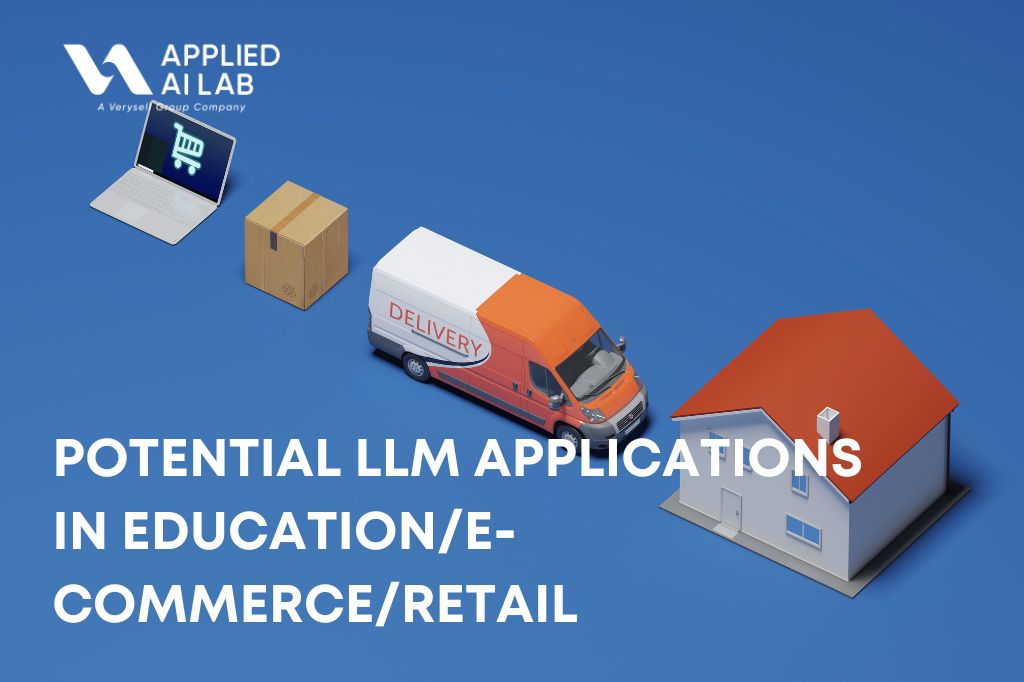
Business Challenges
Education, e-commerce, and retail sectors are vital components of today’s business landscape, each facing unique challenges and opportunities for innovation. These industries significantly influence societal trends, consumer behavior, and educational outcomes, driving economic growth and shaping everyday life.
In these sectors, challenges include adapting to changing consumer preferences, personalizing learning experiences, and optimizing operational efficiency. These challenges impact revenue generation, customer satisfaction, and overall business performance. Historically, businesses have relied on manual processes, market research, and traditional teaching methods, which can be time-consuming, resource-intensive, and may not adequately meet individual needs or preferences.
AI Solution
Large Language Models (LLMs) offer innovative solutions across education, e-commerce, and retail sectors. They leverage advanced natural language processing techniques to understand and generate human-like responses. LLMs utilize data from various sources such as customer preferences, transaction history, educational materials, and user-generated content. This data is cleaned, structured, and analyzed to extract valuable insights, enabling personalized experiences and targeted recommendations.
LLMs address challenges by providing personalized recommendations, automating tasks, and improving decision-making processes. They process text inputs and generate coherent responses, making complex concepts understandable to users. Through AI-driven solutions, businesses can enhance operational efficiency by automating repetitive tasks, streamlining workflows, and reducing manual errors. Additionally, AI implementation can lead to cost savings through improved resource allocation, inventory management, and marketing strategies.
Expected Outcome
Key performance indicators include customer engagement metrics, conversion rates, and revenue growth. Success is measured by improvements in customer satisfaction, sales performance, and operational efficiency. AI complements human expertise by providing insights, recommendations, and automation tools. It enhances human capabilities by processing large datasets, identifying patterns, and predicting future trends.
The adoption of AI drives innovation, competitiveness, and growth within the education, e-commerce, and retail sectors. Businesses that embrace AI technologies gain a competitive edge through improved customer experiences, personalized services, and operational efficiency. Ultimately, AI-powered solutions have the potential to revolutionize these industries, offering transformative benefits for businesses and consumers alike.











